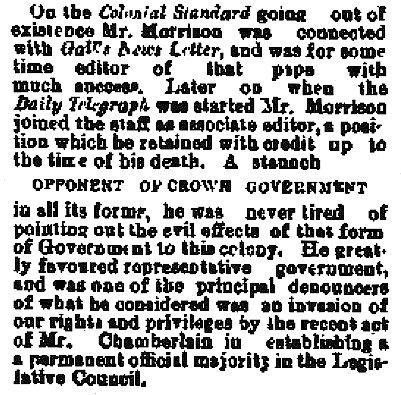Rev
Dr Gillies, Daily Gleaner, March 11,
1902 * James Dick, "the Jamaica Merchant"
"There
has been but one William Morrison in Jamaica and it will be
a long time
before there is another filling the same unique position
among the schools, in the
press, and in the social life of
Kingston."
Rev Dr William Gillies, D. D.,
co-principal of the Mico College, 1886-98
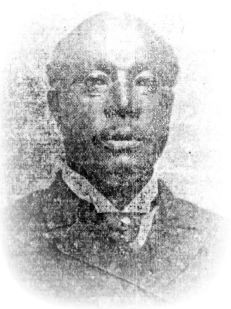
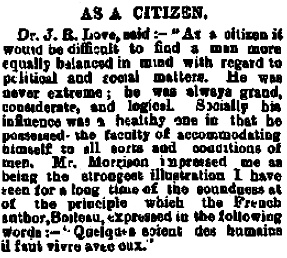

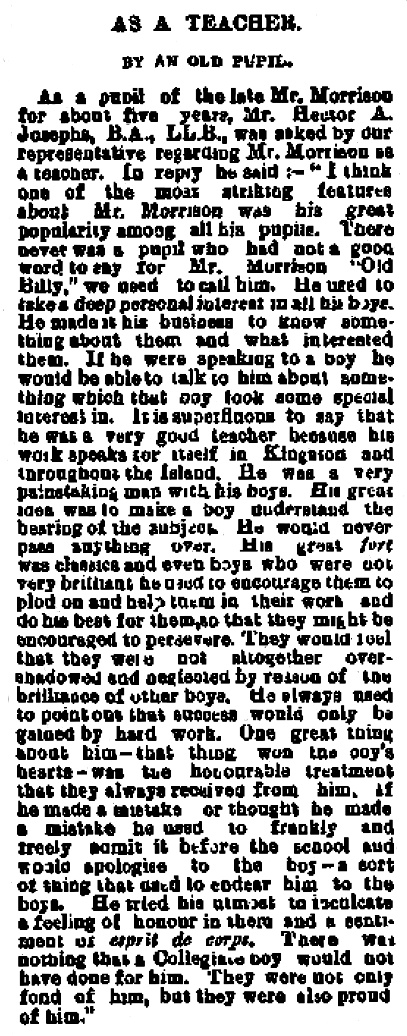
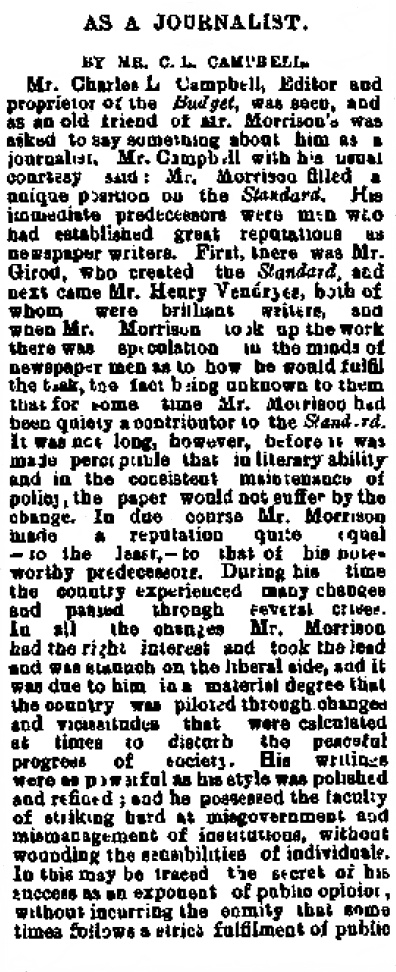
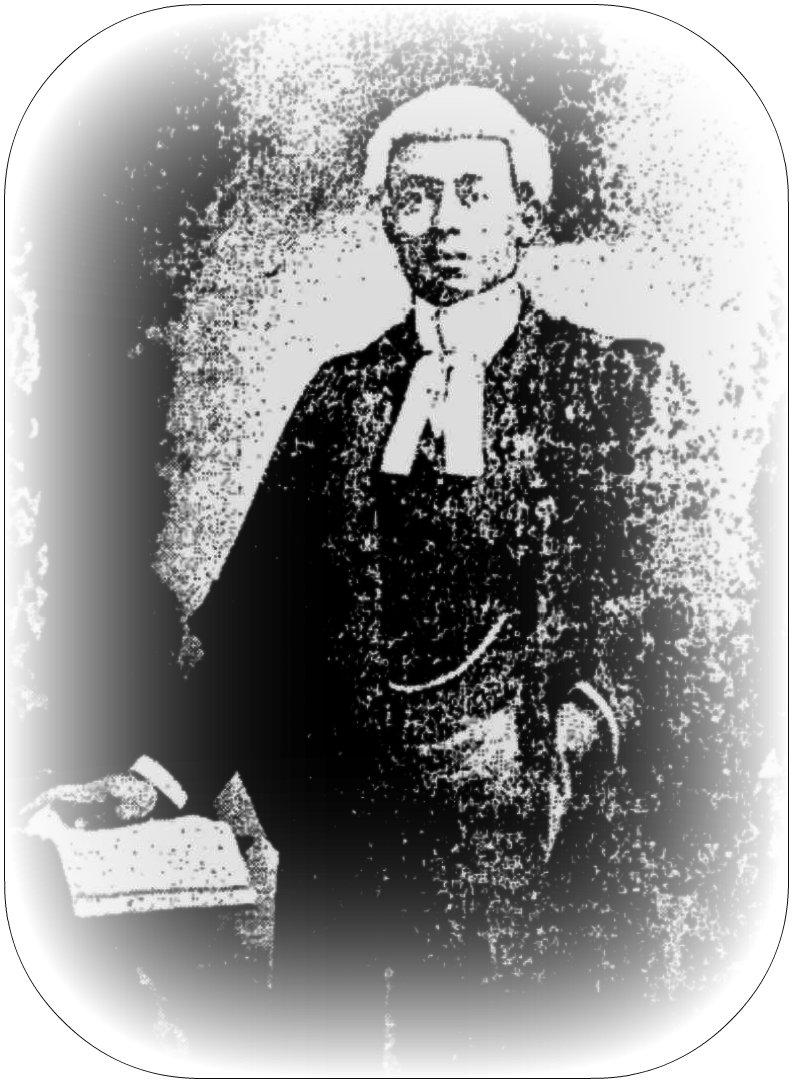
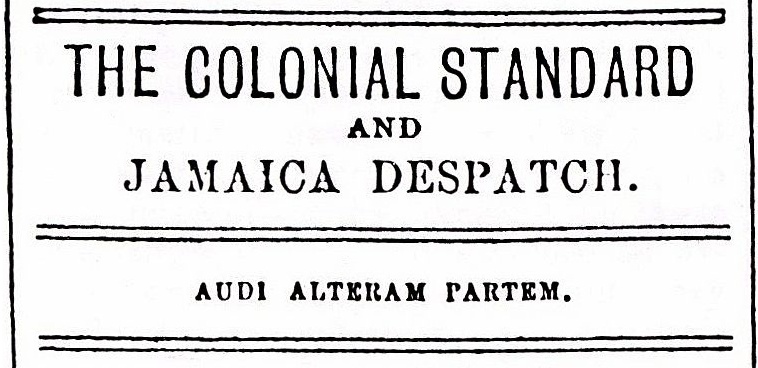
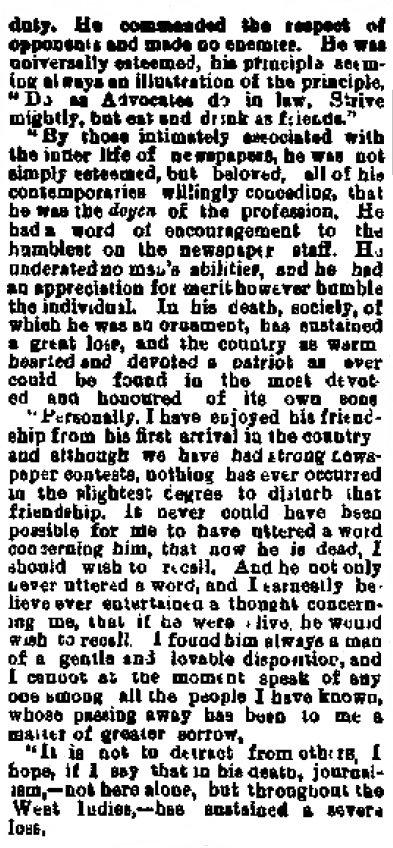
In
1858 Mr. Morrison graduated and at once
commenced his career as a teacher. He
first of all taught in Scotch
parish
schools. Then he had two years experience
in
teaching in the neighbourhood of London.
He was tutor
for a year in a
school in Stoke Newington, connected
with
the Society of Friends, and was for
another year in
the French and German College, Morton, Surrey. In all
these positions
he earned a " good degree" as
a kind
but strict disciplinarian, a good classical
scholar, an
accomplished mathematician, and a
gentlemanly,
punctual obliging,
and companionable colleague.
In
1862 he joined the staff of the
Collegiate as Assistant
Master, and here he
has laboured,
first as Assistant, and
now for many
years as principal, for the long period
of
thirty-nine years. During this period
there have usually
been on the books
of the school from 100 to 150 boys.
His pupils have entered upon every available
form of
employment open to them. They have left him to become clerks in
stores and have risen, many of them, to
be
"successful merchants." Others have become what
would be called by the fine
old name of “Farmers" in the
country
of Banff; we call them planters. Others
have
joined the Civil Service and
have got well up on that
ladder. Others
have become solicitors, others surveyors.
We believe that Mr. Morrison has prepared
nearly one
hundred lads
for University careers, and that for many
years there have usually been from ten
to fifteen of his
pupils in attendance
at various universities.
A list of the "old boys" who are doing well, and have
done well for themselves, would be a long one.
''Teach boys to earn a living." Is not that the very thing
Mr. Morrison has been doing? "Raise the level of general intelligence." Has Mr. Morrison through his pupils not
done a "large stroke of business" in this line? To him
and to others who have been doing like work in
Kingston and Jamaica at large owe a heavy debt that is
likely, we fear, to remain unpaid, " If," said Dr. Canon
Doyle at a public dinner in Edinburgh a few months
ago, "there is one class of men upon earth to whom Scotland owes gratitude, it is to the Scottish
schoolmaster. As far back as we can trace we find these men, scholarly, earnest, conscientious, poorly paid, with no honour in life, no ultimate reward save the recollection of duty done. We are proud of the Scottish
soldier, of the Scottish colonist, of the Scotsman in
many capacities; but these men labour unseen and
unpraised at the very root of the national greatness, and
the whole fabric of the nation is one huge monument in
their honour. They have little career themselves, and yet
how many a career have they shaped, and how much
indirect glory have they won." These eloquent words
apply to the Scotch teacher abroad as we know him in
Kingston. Thirty-nine years of such continuous labour,
in one community, in the same school, in the same
exacting profession, attest the original possession of
rare physical vigour, of great intellectual resource, and
of a force of character very far beyond the common.
from the first the respect and esteem of the community for which he has unceasingly laboured.
With no Board or Committee over him either to help or to hinder, he has had one great advantage; he has been free to work out his own interpretation of educational principles and the results
show that he has done that to the great advantage of his pupils. Without any public subvention
he has had to fight his own battles, with his own inherent vigour, not with other people's strength.
In the deepest and highest sense of the word he has shown himself to be an “Honours' man.” By his moral and intellectual force a large proportion of his scholars have been predisposed towards
that advanced instruction which has given them the positions they now occupy. This is education.
It is particularly needful now to say, that it is precisely this higher education in all classes of
secondary schools, which, by his mere existence, maintains the standard of culture and tone of life
in any community, and thus indirectly does as much by its intellectual and moral influence, for
primary education as the Education Department and all its machinery.
William Morrison spoke of the value of teachers at the JUT Conference two months before his death, as reported in the Gleaner:
Daily Gleaner, January 9, 1902
Mr. William Morrison, M.A., entered as His Excellency [ the Governor, Sir Augustus Hemming] was about leaving. The President [W H Plant] welcomed Mr. Morrison to the Conference, after which Mr. Morrison gave a short address.
He was glad, he said, to be once more at the annual meeting of the Union. Ever since the association had been organised he had had the pleasure to be present at one or other of the sessions. He was glad in reading the present speeches of the late Presidents to find that there had been a considerable increase of membership. He agreed with the remarks of the retiring President that there is still room for extension. This grand organisation would not be complete until it had every teacher in the Island on its rolls. He did not mean only the members of the elementary section of teachers but that of every grade. If this was brought about they would be able to form one of the grandest Trades Union ever formed throughout the Island, not only in educational matters, but in political matters too. If they were united, if they all combined together by ties and common interests, then they should return every elected member of the Island. (Hear, hear.) He was glad to see so many persons drawn to the honourable profession to which he himself belonged which was the foremost of all professions. (Hear, hear.) They held the key that opened the door to all the professions; and speaking from experience, he himself was educated in one of the parish schools of Scotland and knew something about the difficulties of an elementary school teacher. There was a tendency in this hard material age to look down upon the school master. It was not so very long ago Lord Elgin had mentioned a fact that among the toasts that used to be given, the first following that of the Queen was that of the schoolmaster. They hoped to live long enough to see the day when gentlemen after proposing the toast of the King and His Excellency the Governor as the representative of the King, they would propose the next toast to teachers. He expressed the hope that when they meet next year they shall see their number doubled and be able to stand with a united front for the cause of education.
The President thanked Mr. Morrison for his remarks.
